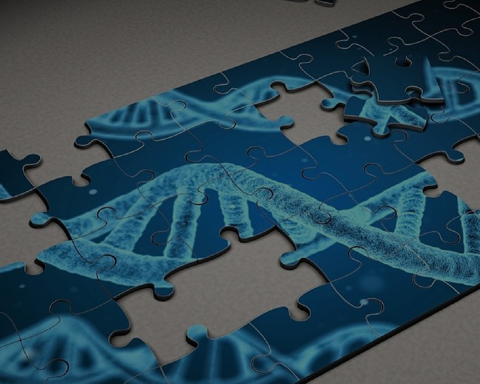Press Release – ‘Do we want people who feel they are burden to others to take their own lives?’
Lord Falconer has drawn second place in the Ballot to present an ‘Assisted Dying for Terminally Ill Adults Bill’. The advocates of assisted suicide are once again bringing the debate back to Parliament.
Their attempts have failed many times in the past.
Yet the Anscombe Bioethics Centre urges those in favour or undecided to reconsider the issue, in light of the devastating consequences in jurisdictions that have already legalised it.
As Prof. David Albert Jones points out in a new article, legalising assisted suicide poses a threat to the most vulnerable in our society.
He writes: ‘Legalising assisted suicide would place an extra burden on sick and disabled people by forcing them to ask if they are a burden to others. In Oregon, the number seeking death in part because they feel a burden to others has increased significantly over time (up to 54.2% in 2021). In Canada in 2022, 4,625 people (35.3%) had their lives ended because they felt they were a burden to others.’
Evidence from Oregon also shows that even if it were restricted to terminal illnesses only, there is a high probability of going down a dangerously slippery slope. In Oregon the eligibility criteria has been effectively expanded to include those suffering from chronic (but not terminal) illnesses.
Liam McArthur MSP has also proposed legalising assisted suicide in Scotland. The Health, Sport and Social Care Committee of the Scottish Parliament has called for evidence on his ‘Assisted Dying for Terminally Ill Adults (Scotland) Bill’.
As Prof. Jones writes, ‘The Anscombe Bioethics Centre is encouraging responses to the Health, Sport and Social Care Committee from anyone with concerns about the Bill.’
Legalisation of assisted suicide is neither inevitable, nor a sign of progress. Suicide should be prevented where possible, not aided and abetted.
We should support those who feel they are a burden to others, not help them to kill themselves.
All those concerned for the protection of the most vulnerable in our society must make their voices heard.
END
Notes to Editors:
- Any part of the above can be quoted as coming from our Director, Professor David Albert Jones.
- If the issues discussed here affect you or someone close to you, you can call Samaritans on 116 123 (UK and ROI), visit their website or contact them on: jo@samaritans.org
- If you are reporting or writing about a case of death by suicide, whether assisted or non-assisted, please consult the Samaritans’ media guidelines on how to do so responsibly.
- The Anscombe Bioethics Centre is publishing a series of briefing papers on EAS, clarifying the issues at stake in the social, political, and medical discussion, examining the definitions concerning and practical consequences of legalising physician involvement in assisting a patient to end their own life, or directly causing their death. You can read the full briefing paper series on its dedicated page on our website, here.
- For more information on the Anscombe Bioethics Centre, see our website: www.bioethics.org.uk
- For interviews or comment, contact: media@bioethics.org.uk
Most recent
Press Release – Anscombe Bioethics Centre Launches ‘Advance Decisions and Ethical Choices’ Project
31 July 2025
The Anscombe Bioethics Centre is pleased to launch a new suite of resources on advance statements, l...
Statement on the Anscombe Bioethics Centre
31 July 2025
A statement from the Governing Body of the Anscombe Bioethics Centre and the Trustees of the Catholi...
Copyright Announcement
25 July 2025
Henceforth, all work which had Anscombe Centre or Linacre Centre copyright is now dedicated to the p...
Sincerest Thanks for Your Support
Staff are grateful to all those who sustained the Centre in the past by their prayers and the generous financial support from trusts, organisations, communities and especially from individual donors, including the core funding that came through the Day for Life fund and so from the generosity of many thousands of parishioners. We would finally like to acknowledge the support the Centre has received from the Catholic community in Ireland, especially during the pandemic when second collections were not possible.
We would like to emphasise that, though the Centre is now closed, these donations have not been wasted but have helped educate and support generations of conscientious healthcare professionals, clerics, and lay people over almost 50 years. This support has also helped prevent repeated attempts to legalise euthanasia or assisted suicide in Britain and Ireland from 1993 till the end of the Centre’s work on 31 July 2025.



